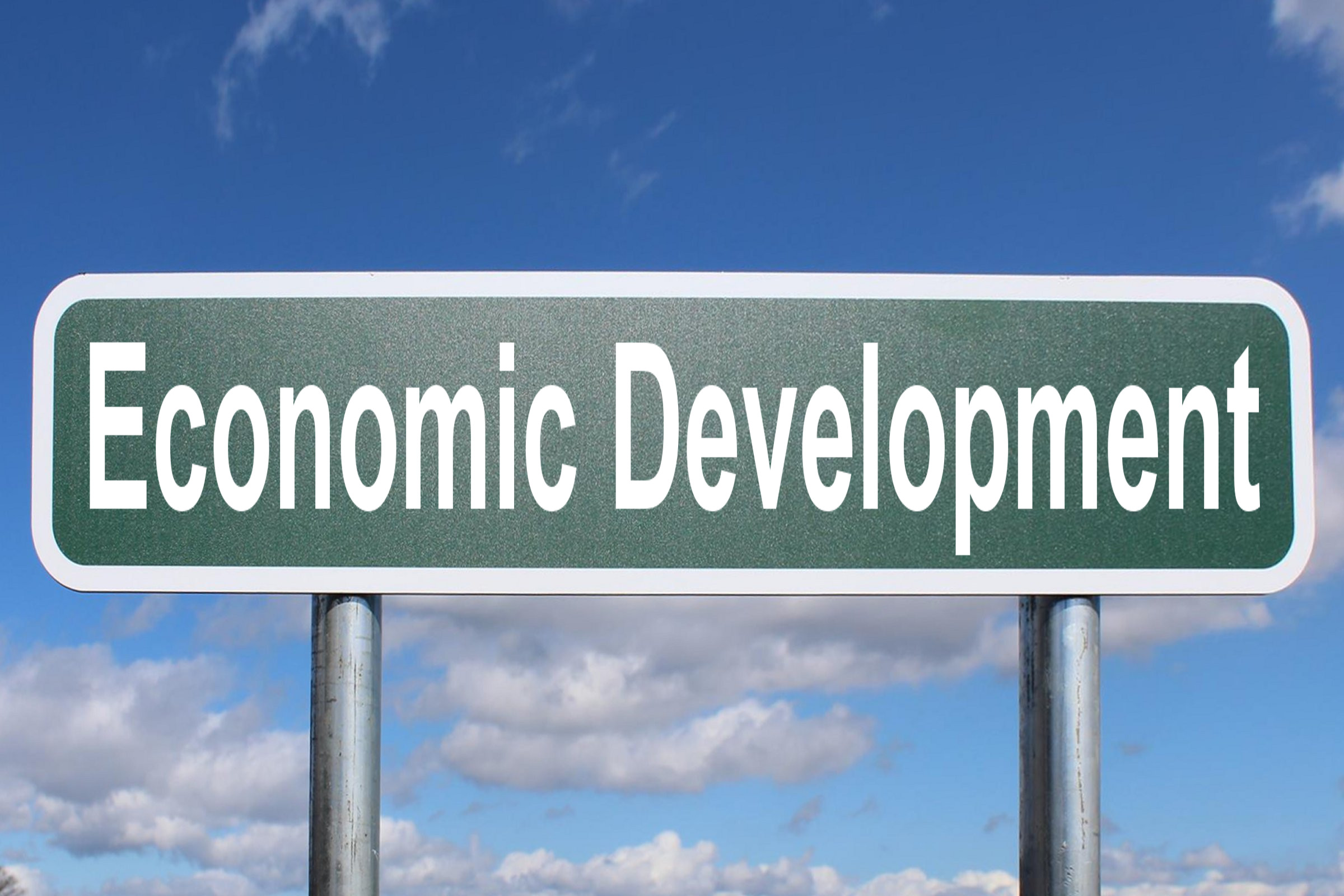Německá ekonomika se již delší dobu nachází ve stavu stagnace, což ji řadí mezi nejhůře se vyvíjející ekonomiky v Evropě. Současná situace není optimistická.
V prvním čtvrtletí roku 2024 se německý hrubý domácí produkt (HDP) zvýšil mezičtvrtletně o 0,2 %, což bylo vnímáno jako pozitivní změna po poklesu o 0,5 % v posledním čtvrtletí roku 2023. Avšak ve druhém čtvrtletí roku 2024 německý HDP opět ve srovnání s předchozím čtvrtletím klesl, a to o 0,1 % (meziročně beze změny), což poukazuje na pokračující problémy v ekonomice. Klesající export, dlouhodobě tahoun německé ekonomiky, přispívá k pocitu, že německé hospodářství je v jistém smyslu „zaseknuté“. Vzhledem k dlouhodobé povaze tohoto stavu jej mnozí odborníci označují za krizi.
Zvláště významné potíže se projevují ve výrobním sektoru, který trpí nedostatkem investic. Mezi společnosti postižené touto situací patří i Volkswagen, který u své hlavní značky VW zpřísňuje úsporná opatření. V rámci restrukturalizace koncernu, jejímž cílem je úspora několika miliard eur, Volkswagen nevylučuje možnost uzavírání závodů v Německu ani nucené propouštění zaměstnanců.
Podle srpnového Globálního ekonomického výhledu České národní banky (ČNB) je výhled na německou ekonomiku stále negativní. Německo je proto jednou ze zemí, které by nejvíce těžily ze snížení úrokových sazeb. Německý člen vedení Evropské centrální banky (ECB) známý jako „jestřáb“, by měl vzhledem ke klesající inflaci zvážit rychlejší snižování úrokových sazeb. Trhy počítají se snížením úrokových sazeb v příštím týdnu o 0,25 %. Pokud by k němu nedošlo, mohlo by to vyvolat negativní reakci.
Vzhledem k tomu, že Německo je největším obchodním partnerem České republiky a řada firem má německé vlastníky, je provázanost obou zemí velmi silná. Nejen horší aktuální výsledky německé ekonomiky, ale i zhoršující se výhledy mají dopad na Českou republiku, zejména na zpracovatelský průmysl, který je největším odvětvím v České republice.
Je proto klíčové, aby ECB i ČNB co nejrazantněji přistoupily k dalšímu uvolnění měnové politiky a výrazně snížily úrokové sazby. Krok ECB by měl napomoci nejen oživení německé ekonomiky, ale také přispět ke krokům ČNB a zlepšit hospodářské vyhlídky České republiky.
…
The German economy is pushing the European Central Bank to cut interest rates, which would also help the Czech Republic.
The German economy has been facing stagnation for a considerable time, making it one of Europe’s weakest economies. The current scenario does not present a positive outlook.
In the first quarter of 2024, Germany experienced a 0.2% increase in its gross domestic product (GDP) on a quarter-on-quarter basis. It was regarded as a favorable development following a 0.5 decrease in the last quarter of 2023. However, in the subsequent quarter of 2024, Germany’s GDP experienced a decline of 0.1% compared to the previous quarter, remaining unchanged year-on-year, thereby indicating persistent challenges within the economy. The decline in exports, which has traditionally fueled the German economy, contributes to the impression that the economy is somewhat „trapped.“ Given the protracted nature of these circumstances, many experts label this situation as a crisis.
Significant challenges are emerging within the manufacturing sector, largely attributed to a deficiency in investment. Volkswagen is among the companies impacted, leading to the implementation of more stringent austerity measures at its flagship brand, VW. In the context of the group’s restructuring initiative, which seeks to realize savings of several billion euros, Volkswagen has indicated that it may consider closing facilities in Germany or reducing its workforce.
The August Global Economic Outlook published by the Czech National Bank (CNB) indicates that the forecast for the German economy remains unfavorable. Therefore, Germany is positioned as one of the countries that would most benefit from a reduction in interest rates. The German representative within the European Central Bank (ECB) leadership, known as the „hawk,“ should evaluate the possibility of expediting interest rate cuts in light of the decreasing inflation. Market expectations are leaning towards a 0.25% interest rate cut in the coming week. If this adjustment does not occur, it could lead to a negative market reaction.
As the primary trading partner of the Czech Republic, Germany plays a crucial role in the economic landscape, with a substantial number of companies being German-owned. This relationship fosters a strong interdependence between the two countries. The current underperformance of the German economy, along with a bleak outlook, is influencing the Czech Republic, especially its manufacturing industry, which is the predominant sector.
It is crucial for both the European Central Bank (ECB) and the Czech National Bank (CNB) to take decisive measures to further relax monetary policy and substantially lower interest rates. The actions taken by the ECB should not only aid in the recovery of the German economy but also bolster the actions of the CNB, ultimately improving the economic prospects for the Czech Republic.




